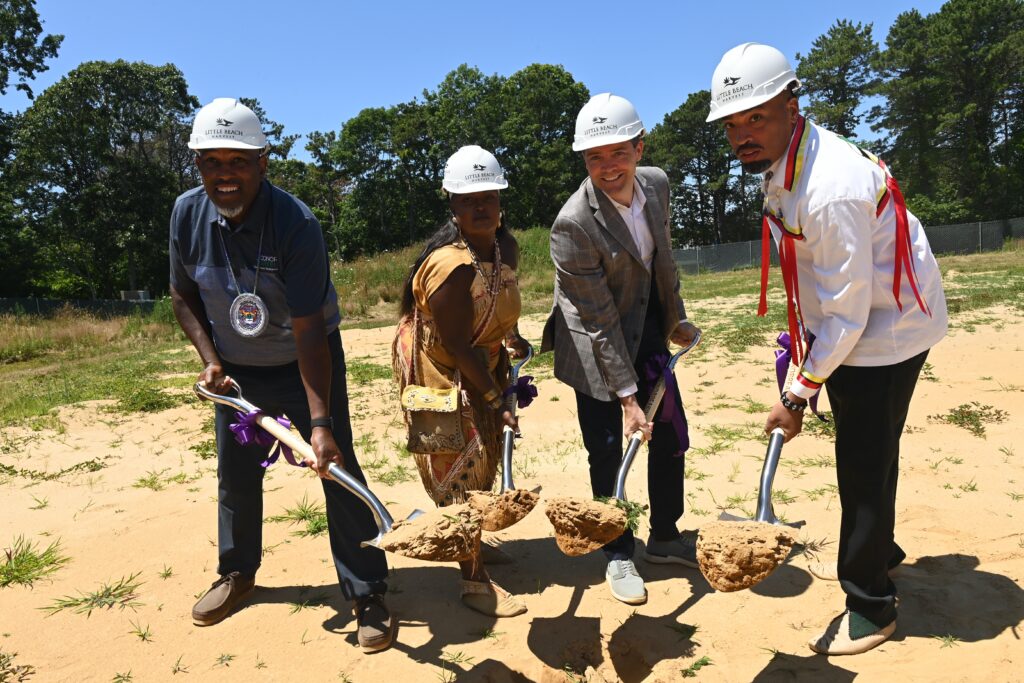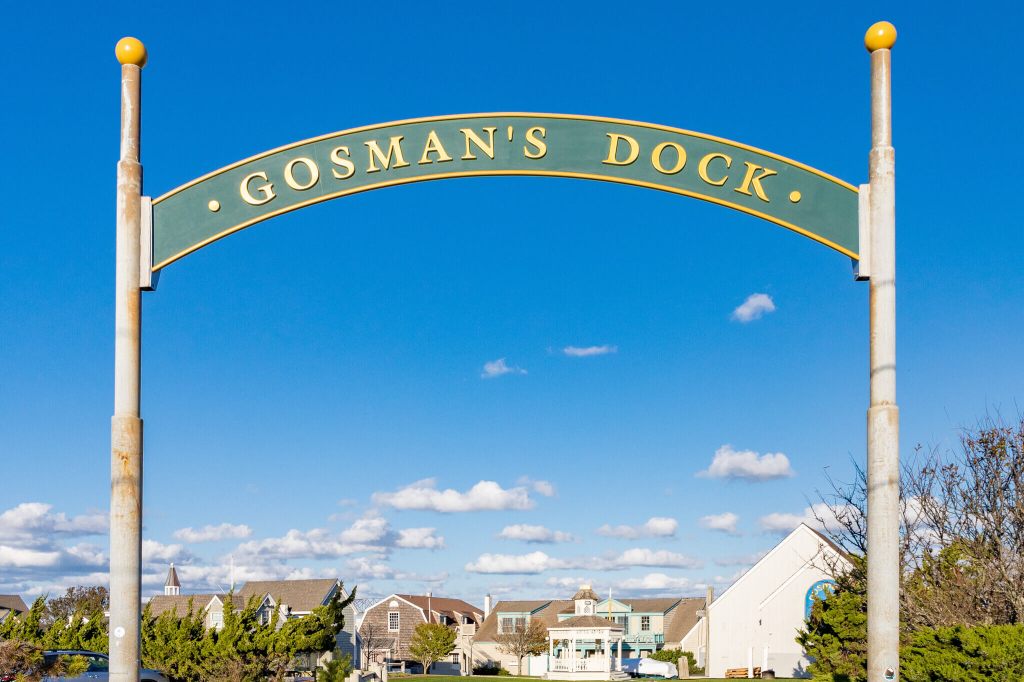
Applications are now open for the first of nine license types being rolled out by New York State’s Office of Cannabis Management (OCM), and a sizeable chunk of these justice-focused licenses have been set aside for Long Island, where many municipalities previously opted out.
Up to 150 licenses in this first category, known as Conditional Adult-Use Retail Dispensary (CAURD), will be approved for adult-use or “recreational” operators in the state. Twenty are allocated for Nassau and Suffolk counties, where, for one thing, there’s a significant number of people who’ve been convicted in New York of crimes relating to the plant the state is in the process of legalizing — one of the primary conditions, and socially restorative aspects, of a CAURD license.
Ear-marking and approving licenses for people with marijuana convictions is integral to the state’s “Seeding Opportunity Initiative,” as Lisa Finn reported for Patch.com. “New York State is making history, launching a first-of-its-kind approach to the cannabis industry that takes a major step forward in righting the wrongs of the past,” Hochul said.
CAURD applicants must also have run a profitable business for at least two years; nonprofit operators may also apply. Later application periods for the remaining eight license types, which regulators are now drafting (and will invite more feedback on), will come in waves, according to the office. The OCM’s website explains: “Different license types were outlined in [the Marijuana Regulation and Taxation Act] relating to adult-use cannabis, including retail dispensary, on-site consumption, distribution, cultivation, processing, and more.”
“With New York slated to be one of the most robust markets in the country, sustainability will require the participation of diverse applicants throughout the metropolitan area and the state at large,” said Gia Morón, President of Women Grow, in an email. “Women Grow is committed to being a valued resource for applicants in the Long Island market, which promises to be one of the most viable in New York.”
And regardless of its past on the cannabis front, Long Island also simply has a large number of people living on it.

Chris Alexander, Executive Director of the New York State Office of Cannabis Management (OCM), told Anton Media Group, “There’s a methodology to all of this in terms of breaking up where we think the dispensaries need to be with these initial licenses, understanding the population breakdown of the state, and trying to factor in the moving target that is the ‘opt out.’”
“There’s four million people on Long Island, so we can’t ignore that fact with this first licensing round, and all subsequent rounds; we have to acknowledge that some localities may want to participate [later on] in the program we’re building here.”
“And I think it’s going to be exciting to have some space there for the people of Long Island to enjoy cannabis, or to continue medicating, and we didn’t want to leave them out. The opt-out had a deadline,” Alexander clarified. “The repeal opt-out process does not, so they can do that at any point in time.”
According to Cristina Buccola, a New York Attorney working with several of CAURD applicants, it’s likely that some municipalities who previously opted out will choose to accept that open invitation. “Upwards of 75% of all Long Island municipalities have opted out of cannabis retail sales,” Buccola told Anton Media Group in an email. “I’ll be watching to see if initial cannabis sales will have the naysayers opting back in.”
As is many area of business, but perhaps especially this one, real estate is also likely to be a large factor in the coming adult-market rollout. Cannabis dispensaries are often, but not always, relegated early on by municipalities into certain parts of town, such as near highways, train tracks, or industial zones. But “boutique”-style dispensaries have also increasingly found space on Main Street in states that already have their adult-use markets in action.
As David Winzelberg reported for Long Island Business News, “Applicants who receive the conditional licenses will have access to turnkey storefronts that are currently being secured and built out into dispensary spaces by the Dormitory Authority of the State of New York (DASNY). They will also have access to the state’s $200 million social equity cannabis investment fund for business-building capital.”
For more information on the conditional cannabis retail license application process visit: cannabis.ny.gov/caurd.


























